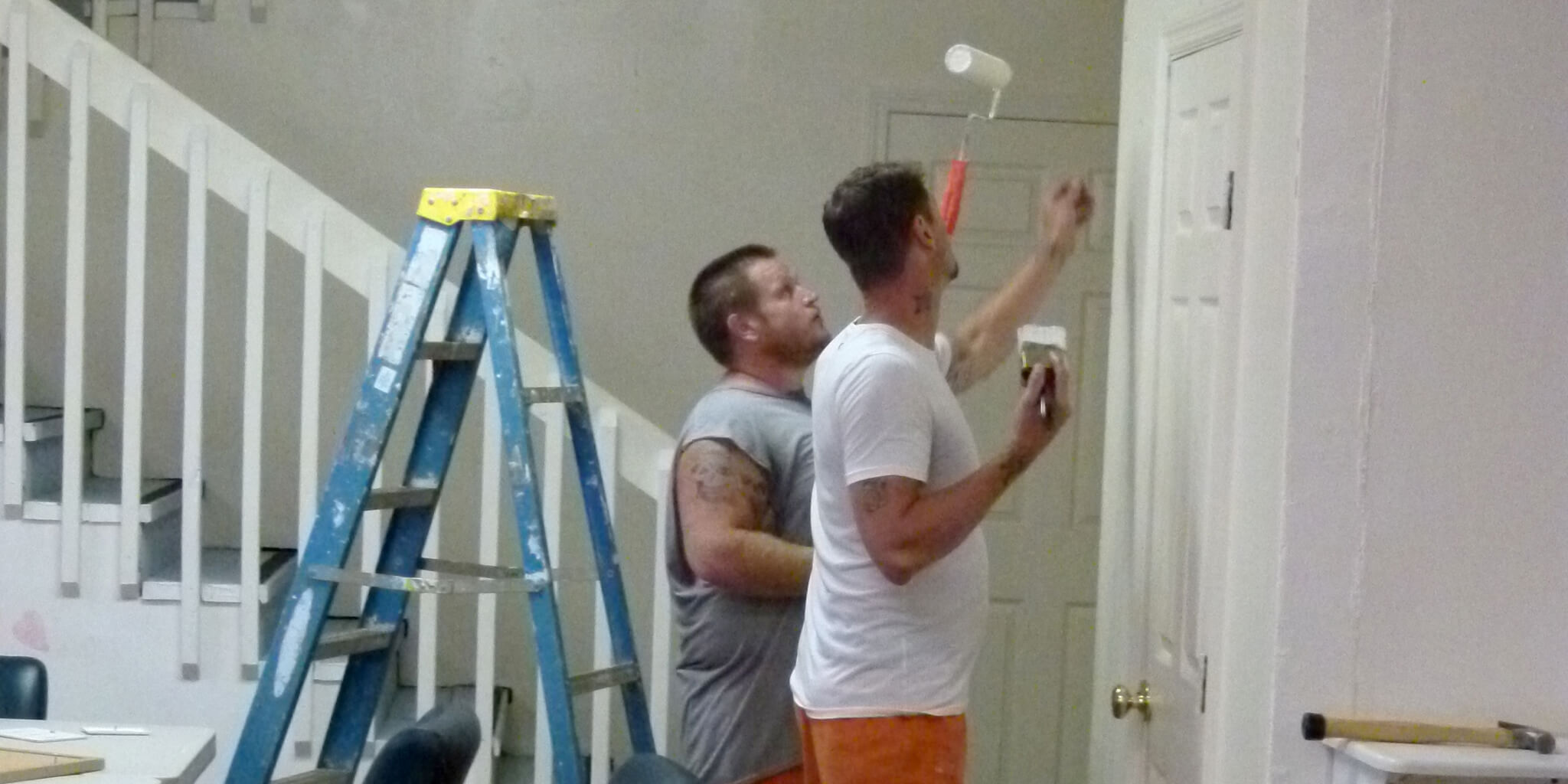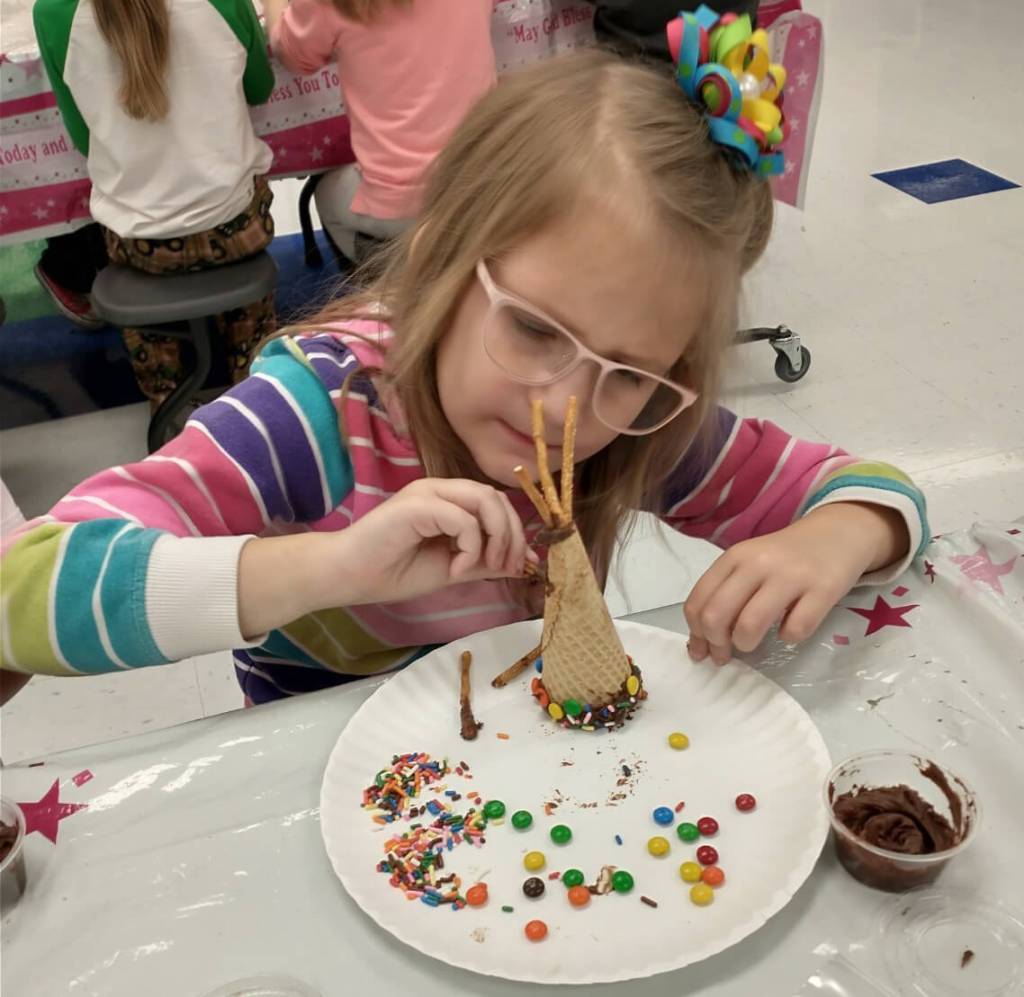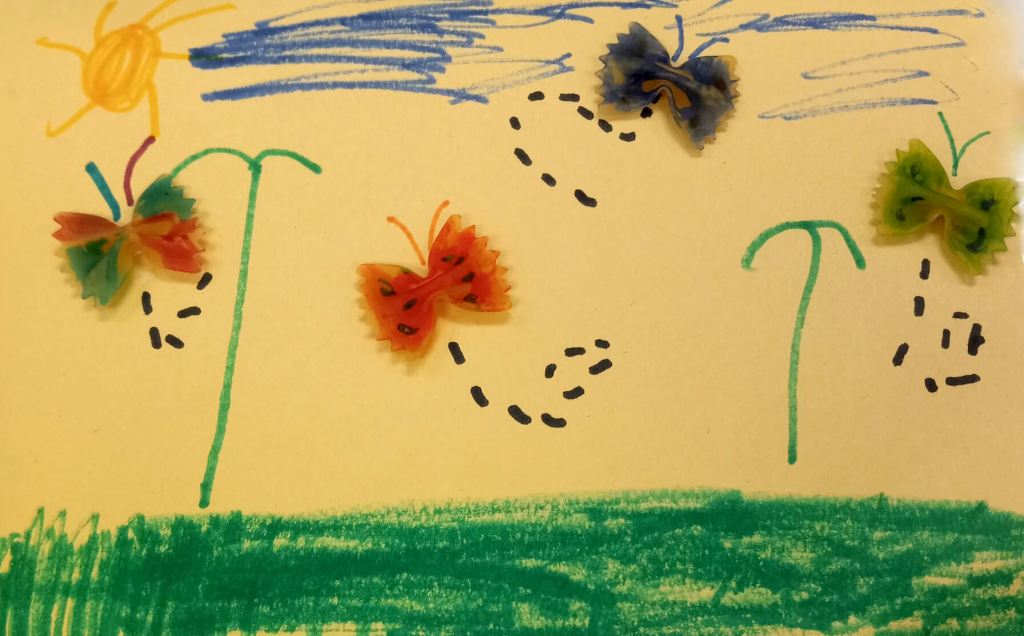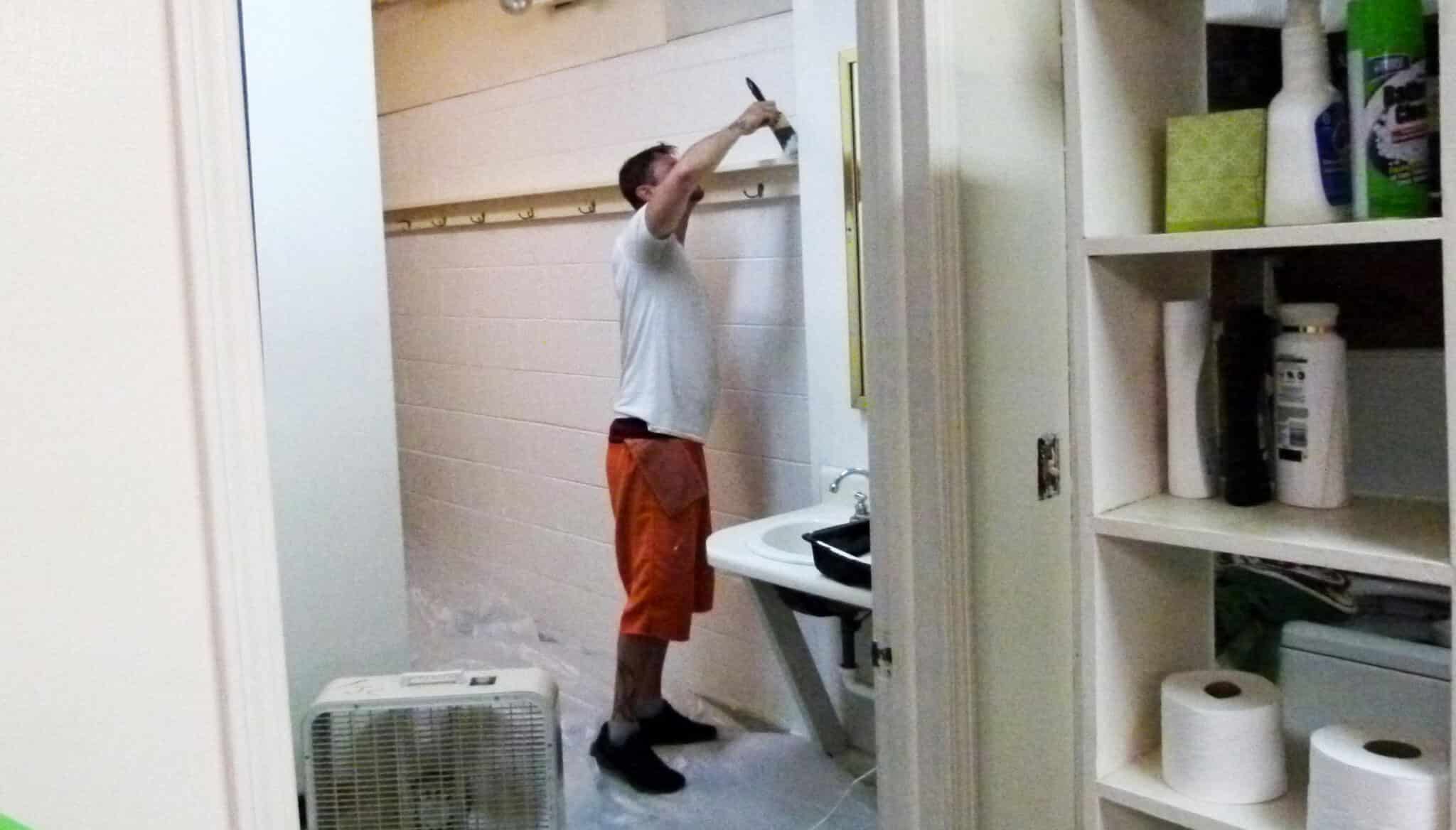
By Lisa Nichols
February 22, 2023 | SNEEDVILLE, TENNESSEE
Is not this the fast that I choose: to loose the bonds of injustice, to undo the thongs of the yoke, to let the oppressed go free, and to break every yoke?
Isaiah 58:6 NRSV
The Jubilee Project in Hancock County, Tennessee, works with people and families oppressed by poverty, by land management, by personal choices, by lack of education. Yes, students have graduated from Hancock County High School, gone to college, and found good jobs, but they are the exceptions. Most graduates stay here in the county or area, work minimum wage or part-time jobs, struggle to find good places to live and juggle to pay the monthly bills. Jubilee can assist with emergency and USDA food, with clean and safe water, and home repair for health and safety, but I also think we are called to help county residents use their resources to create better places to live, work and raise families.
What is our response when we are not loosening the bonds of injustice and when we are serving instead as the oppressor rather than freeing the oppressed? At a recent clergy meeting, we heard that Tennessee (and other states) builds prisons based on 3rd grade reading scores. The Covid-19 pandemic had a severe effect on reading scores across the country, and those without easy internet access often suffered the most.
Hancock County Elementary statistics show that overall 17.9% of students “scored on track or mastered on annual state tests.” 19% of students were on track or mastered language arts and 17.4% did the same in math. The State of Tennessee overall average was 27.8% which could be translated to imply that the state would be building prison capacity for over 70% of third grade students. Often the prisons are owned by for-profit organizations, who would much rather be full than not. Do we really want to support building bigger prisons instead of education?

Photo: Heidi Taylor
The Jubilee Project works with elementary students at Hancock Elementary Afterschool program. When asked, the students shared that there was either very little or no art education at school. Through simple arts and crafts, staff and volunteers work with K-5 students and encourage them in their efforts, their creativity, and their uniqueness as children of God.

Photo: Heidi Taylor
Jubilee Project also works with groups of incarcerated people, and they are one of our best sources of lifting and painting. When staff decided to paint the downstairs meeting space last fall, the prisoner trustees at Hancock County jail went to work. The group did a great job painting the meeting room and the restrooms. The trustees also help unload trucks of food at both Jubilee and at the mobile food pantry once a month. We could not provide food without their help. We hope our encouragement and relationships lead to positive changes for them too.

Photo: Heidi Taylor
The trustees are so glad to use their skills that they have not been able to use since being incarcerated. To my knowledge, they have removed a ceiling and painted for Jubilee Project, and have worked on many other projects in the community.
Elizabeth (Lisa) Lamb Nichols is a deaconess serving as a Church and Community Worker. She is executive director of the Jubilee Project, Inc., a facility in Sneedville, Tennessee, that provides food security, safe and healthy housing, access to clean water, and ministries that focus on spiritual development, socialization and education.
Church and Community Workers (CCWs)
Church and Community Workers (CCWs) are missionaries who work collaboratively between U.S. annual conferences and Global Ministries as they take the church into the community and bring the community into the church. CCWs serve in domestic placements in ministry with the poor and disenfranchised communities in a variety of contexts, such as ministries with ethnic populations, criminal justice, congregational health, immigration, rural and urban ministries, cooperative parishes and disaster response. Explore the work of Global Ministries missionaries.
Support the ministries of missionaries working around the world, Advance # 00779Z.

